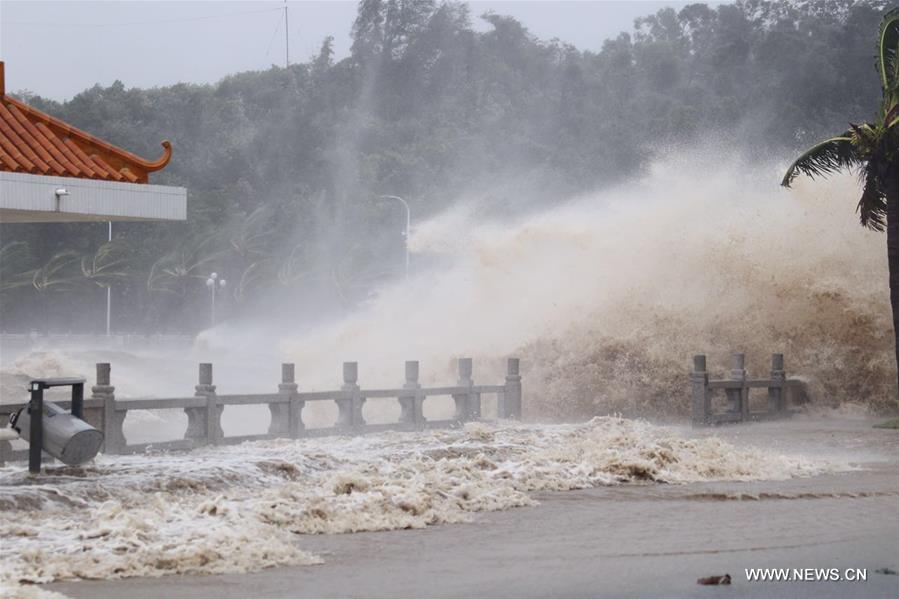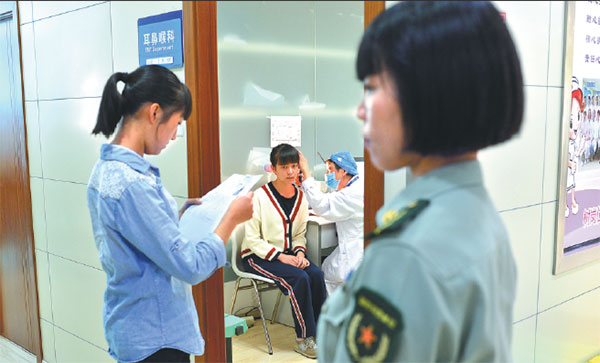A former Beijing lawyer pleaded guilty to subversion in court on Tuesday and confessed to receiving Western training that sparked ideas of “overthrowing China’s current political system”.
Jiang Tianyong, 46, stood trial at the Changsha Intermediate People’s Court, in Hunan province, for inciting the subversion of State power. He expressed remorse and asked for leniency.
Jiang denied rumors that he was tortured in detention, and he admitted to fabricating such rumors about former lawyer Xie Yang in an effort to smear the image of the Chinese government and judiciary.
Jiang said he realized “that my behavior to subvert State power and overthrow the socialist system was counter to Criminal Law and constituted a crime. I deeply regret what I’ve done and plead guilty”.
A verdict will be handed down at a later date, according to the court.
During the trial, prosecutors presented evidence that Jiang repeatedly attacked the Chinese government, judicial organs and political system on the internet and in overseas media.
Since 2009, he wrote more than 33,000 social media posts, 214 of which incited subversion, prosecutors said.
He intentionally exaggerated “sensitive cases”, unscrupulously distorted facts and incited others to gather and cause trouble in public areas, according to the indictment.
In July of 2016, Jiang used Telegram, an overseas instant messaging application, to organize and incite others to gather at the gate of a local court in Tianjin on Aug 1, where a subversion lawsuit would be held several days later, prosecutors said.
He colluded with anti-China forces overseas and incited hostility against the government, according to the indictment.
Jiang confessed in court that he went abroad five times to receive Western constitutional system training and that this prompted him to try to overthrow China’s political system.
The training “had an impact on me, helping develop ideas of overthrowing China’s system and implementing the Western system in China”, he said.
Jiang confessed to being behind multiple rumors of the torture of another former lawyer, Xie Yang.
“I deliberately fabricated torture details of Xie while he was in police detention and played to Western media’s taste, aiming to tarnish the image of the government and judicial organs,” he said.
Jiang became a lawyer in Beijing in 2004 but was barred from practicing law by the Beijing Justice Bureau in 2009.
He was placed under surveillance on Dec 1, 2016, and formally arrested on May 31, according to prosecutors.
Jiang said his legal rights had been fully protected. “Judicial authorities have handled the case in strict accordance with the law,” he said, adding that the rumors he was tortured are untrue.
About 40 people attended his trial, including his relatives and attorneys, as well as legislators, political advisers and journalists.
Jiang’s father attended the trial, though his wife, Jin Bianling, who is now overseas, did not, despite being informed of the hearing, according to the court.
Video footage of the trial was broadcast on the Changsha Intermediate People’s Court’s Sina Weibo micro blog.

